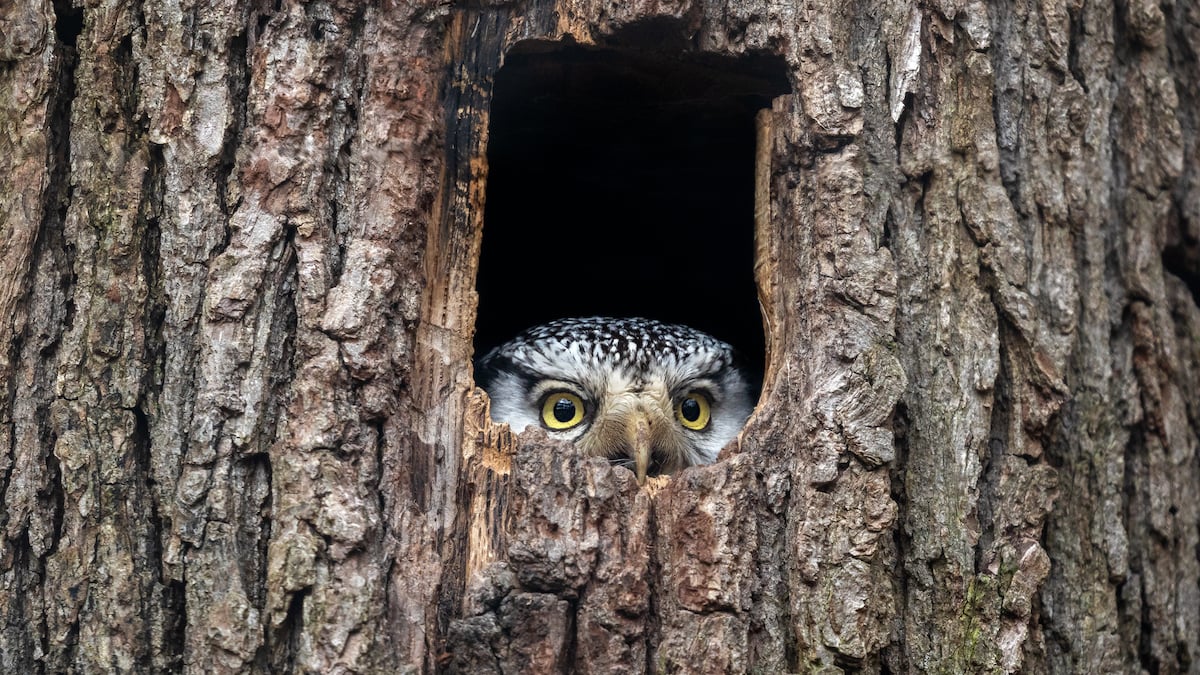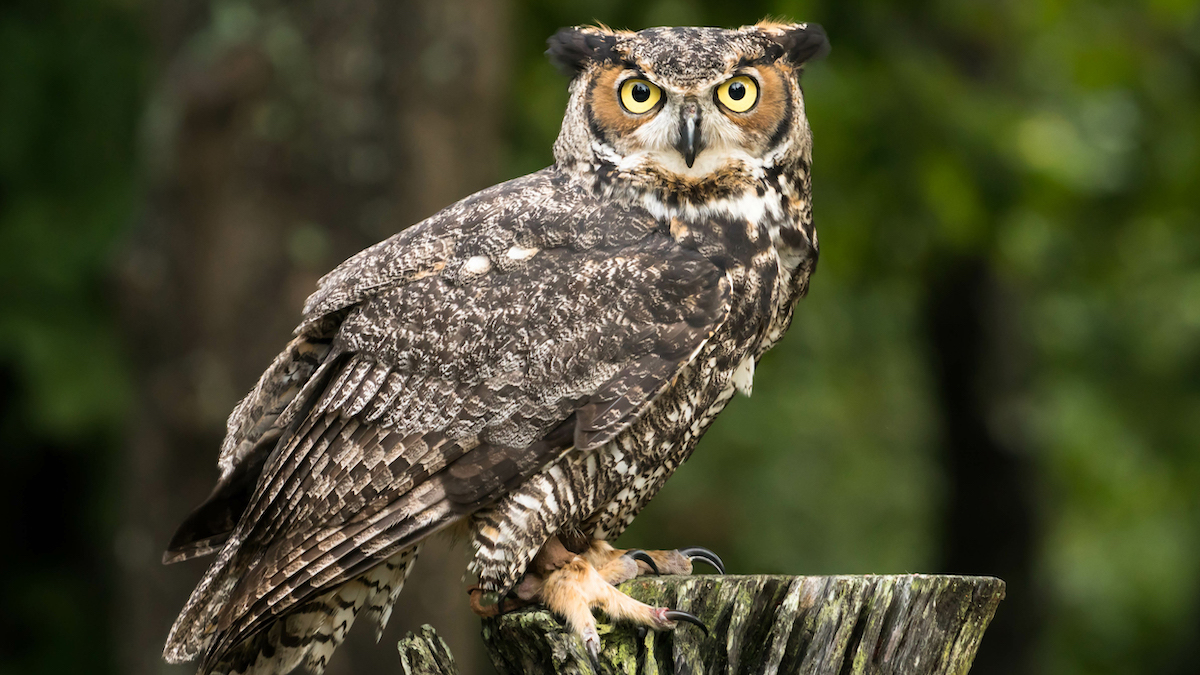Witches, ghosts, goblins, ghouls — all of these spooktacular figures are notoriously synonymous with the ever-popular celebration of Halloween. However, those certainly aren’t the only frightful figures associated with the holiday, with a variety of animals associated with the favorable spooky season.
From bats and ravens to spiders and black cats, a plethora of animals out there are specifically recognized during the Halloween season — if not for the simple fact that these particular animals give off that eerie vibe. However, one specific animal has the tendency to stand out amongst the rest as one of the most popular figures in regards to all-things-spooky — and that would be an owl.
So, why are owls associated with Halloween?

In popular Halloween lore, night time is typically associated with the holiday, as that remains the time when children go trick-or-treating and costume parties usually take place. In addition, the night time is often seen as a time when spooky creatures such as werewolves, demons, vampires, and witches all maneuver around with the rest of civilization. Given the nocturnal life of an owl, and how much they thrive in the nighttime, it hardly comes as a surprise that owls are heavily associated with Halloween.
Aside from their nocturnal habitat, ancient Greek and Roman mythology has long associated owls with fear and darkness, believing that an owl’s eyes could strike unwavering fright in the eyes and souls of humans. As a result, owls have become a common theme during the Halloween season, and are typically used as props for decorations and featured in horror/Halloween movies.

